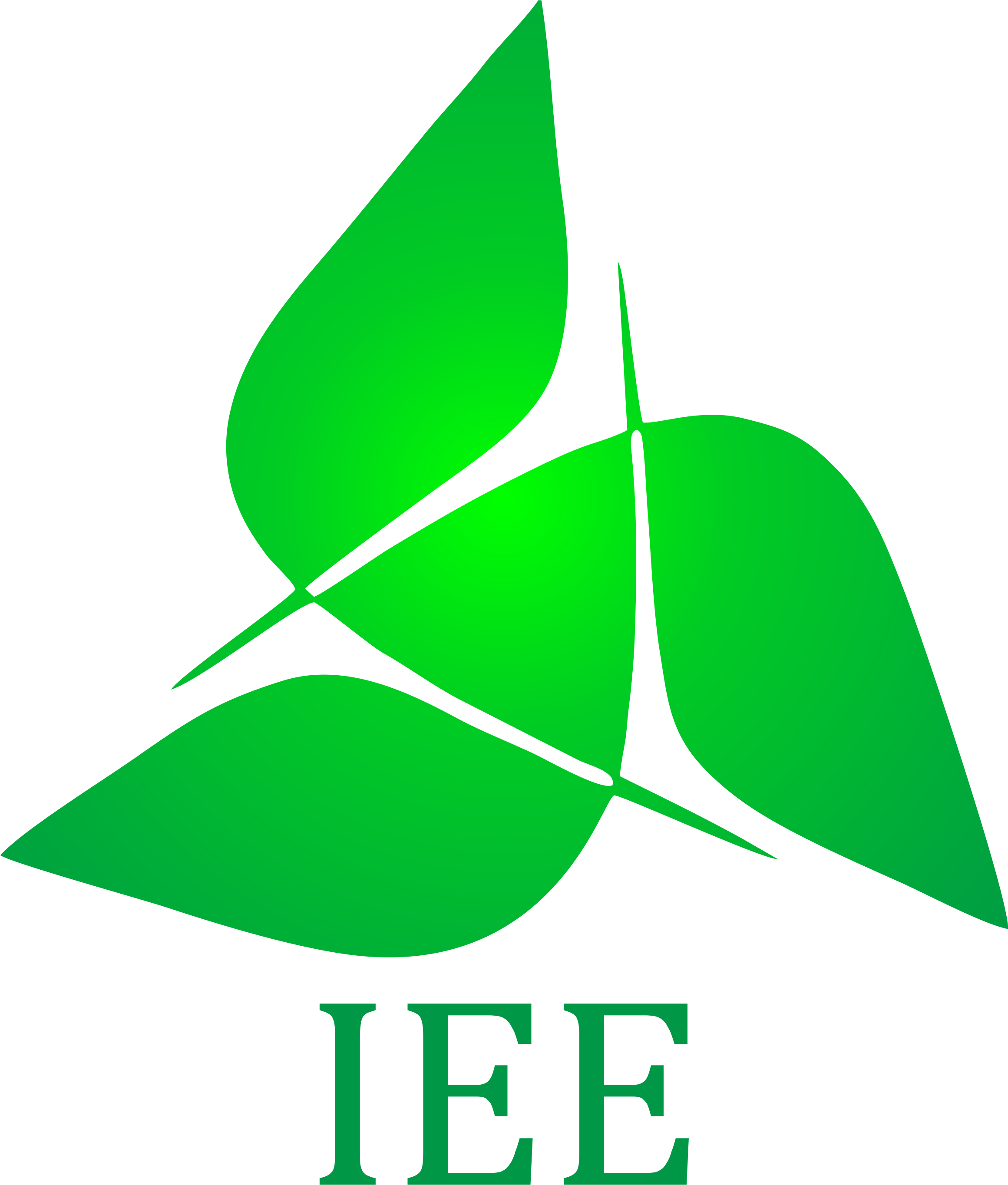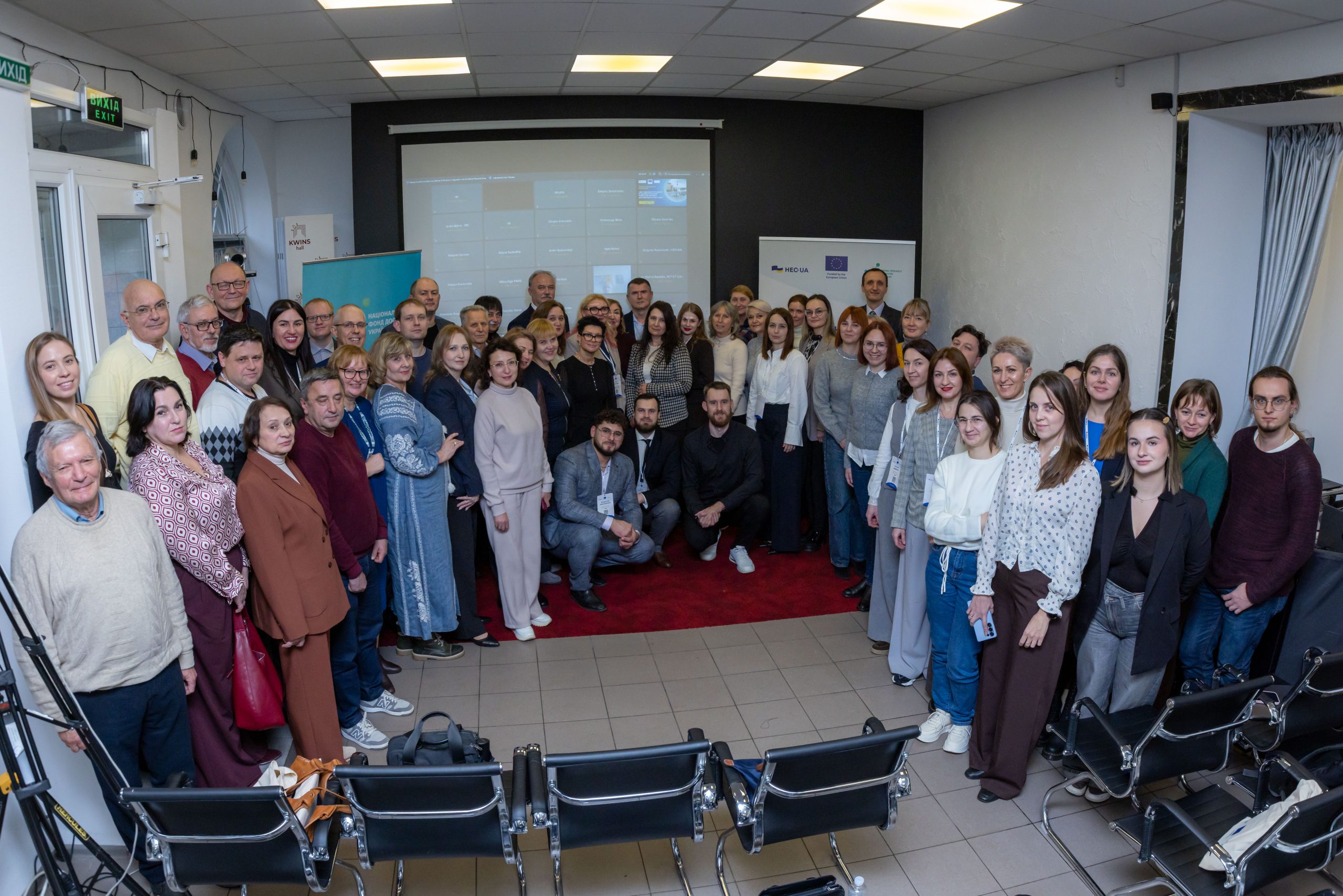On November 12, Kyiv hosted an information dissemination event “Research and Innovation as a Driver of Ukraine’s Integration into the Global Research Space”, dedicated to the World Science Day for Peace and Development, celebrated annually on November 10.
A key highlight of the event was the presentation of the EU-supported project TOWARDS CARBON NEUTRALITY OF UKRAINIAN CITIES, which demonstrates Ukraine’s efforts to achieve climate-neutral urban development in line with European practices. Stefan Zaichenko, Professor at NTUU “Igor Sikorsky Kyiv Polytechnic Institute,” presented the project’s approach, progress, and pilot results, showcasing practical steps Ukrainian cities are taking towards reducing greenhouse gas emissions and implementing sustainable urban planning solutions.
Participants were welcomed by representatives of the Government of Ukraine and the European Union, including Deputy Minister of Education and Science of Ukraine Denys Kurbatov, Chair of the Verkhovna Rada Committee on Education, Science, and Innovation Serhiy Babak, Head of RTD 03 International Cooperation with Europe and America of the European Commission Karol Manselle-Blanchard, Secretary General of Science Europe Lidia Borrell-Damián, and EU Delegation in Ukraine expert Yehor Pyvovarov.
They highlighted the remarkable resilience of Ukrainian scientists, who continue their work despite the ongoing war, and emphasized the EU’s consistent support for Ukraine’s scientific development.
Welcoming remarks were also delivered by Oleksandra Antonyuk, Head of the Scientific Committee of the National Council of Ukraine on Science and Technology, and Olga Polotska, Executive Director of the National Research Foundation of Ukraine (NSFDU), who thanked the EU for its support, which accelerates Ukraine’s integration into European and global research spaces.
During the event, NSFDU awarded certificates of recognition and gratitude to scientists and experts for their contributions to grant funding systems, support for Ukrainian researchers, and participation in international scientific and technical cooperation.
The working session focused on:
- Ukraine’s integration into the European and global research space and synergy of European programs (Eva Kosinska-Lange, European Innovation Council; Tobias Stüdemann, Free University of Berlin);
- Support tools within the European Research Council competitions, including funding schemes, updates, and additional support programs (Gianca Matrai, European Research Council Executive Agency).
The event also showcased other successful stories of Ukrainian researchers in NSFDU competitions and EU Horizon Europe programs, including innovative research and international collaborations such as UNCAN-CONNECT.
The event was concluded by NSFDU Executive Director Olga Polotska, who encouraged participants to actively engage in upcoming competitions. Over 250 participants attended the event in person and online.





